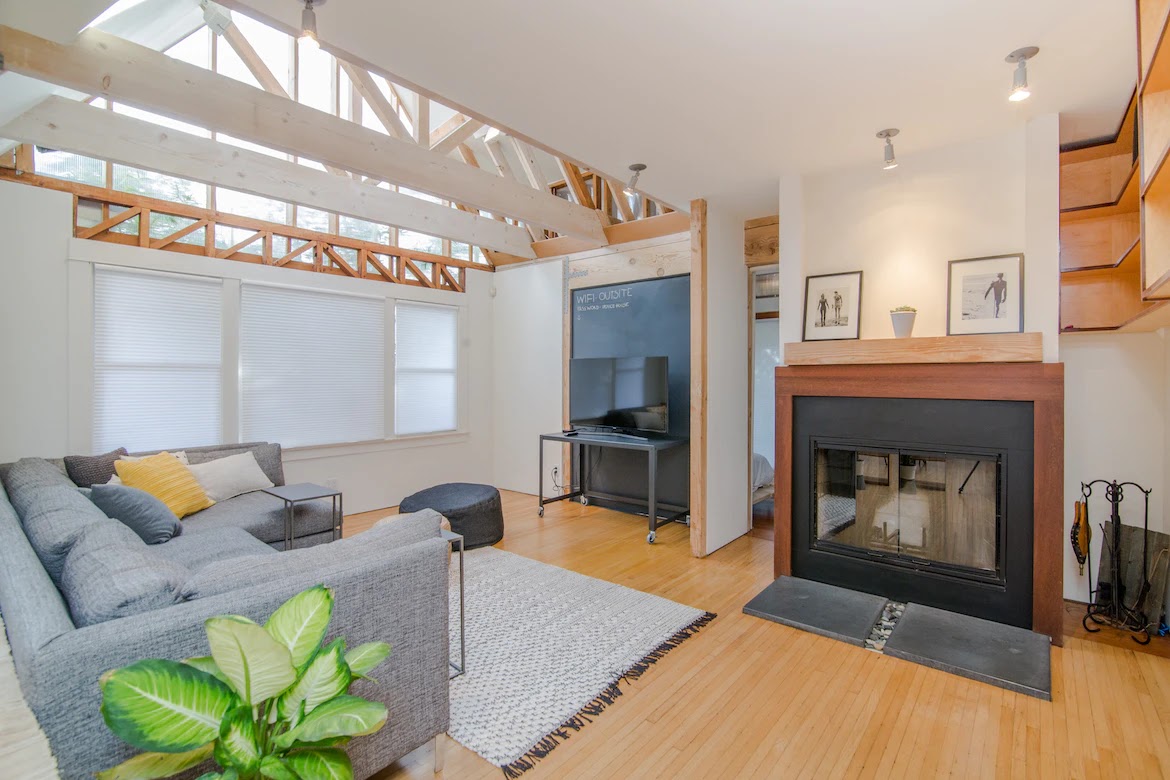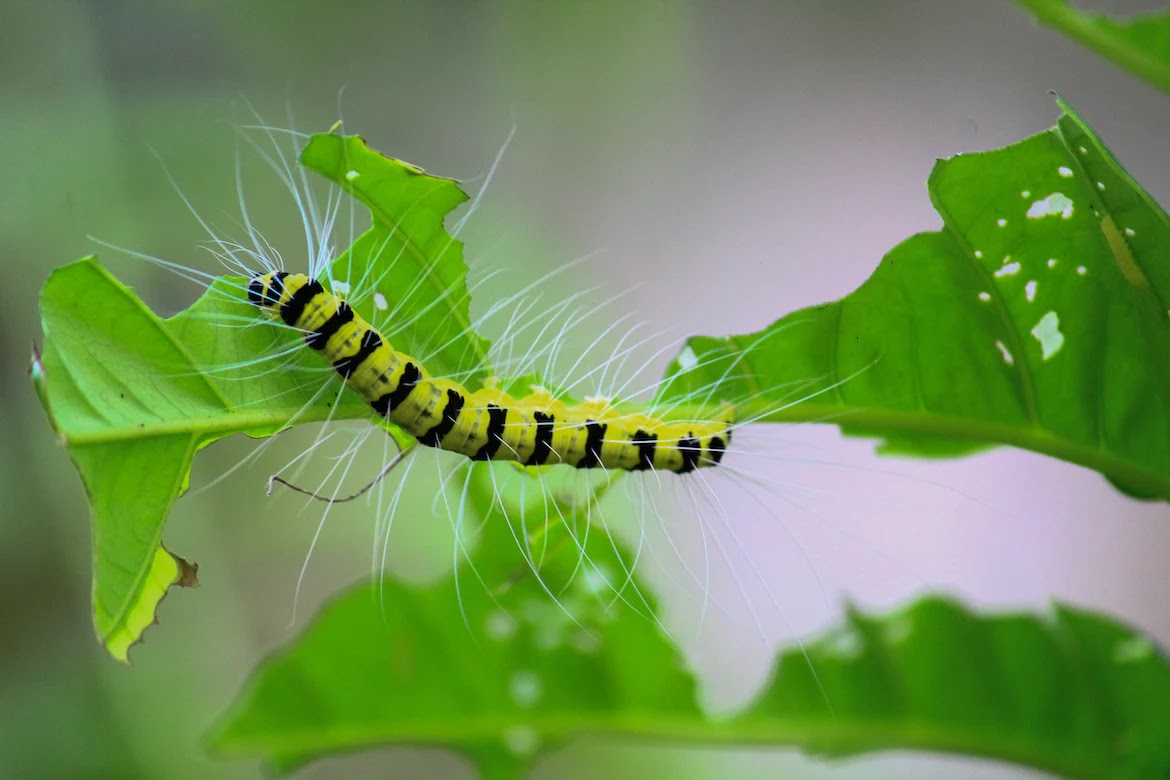There are many ways to make your home more energy-efficient. Here are a few tips:
•Seal air leaks. Air leaks can let in hot air in the summer and cold air in the winter, which can drive up your energy bills. You can seal air leaks with caulk or weatherstripping.
•Add insulation. Insulation helps to keep your home cooler in the summer and warmer in the winter, which can also save you money on your energy bills. You can add insulation to your attic, walls, and floors.
•Upgrade your appliances. Older appliances are often less energy-efficient than newer models. If you're replacing an appliance, consider choosing an Energy Star-certified model.
•Change your light bulbs. Traditional incandescent light bulbs are very inefficient. You can save money and energy by switching to CFL or LED light bulbs.
•Unplug electronics when you're not using them. Even when they're turned off, many electronics continue to draw power, which is called "phantom load." You can save energy by unplugging electronics when you're not using them.
•Use natural light whenever possible. Open the curtains and blinds during the day to let in natural light. This will help to reduce your reliance on artificial light.
•Plant trees. Trees can help to shade your home in the summer, which can help to keep it cooler and reduce your energy costs.
•Get a home energy audit. A home energy audit can help you identify areas where you can improve your home's energy efficiency. An auditor will come to your home and assess your energy use. They will then make recommendations on how you can make your home more energy-efficient.
By following these tips, you can make your home more energy-efficient and save money on your energy bills.










